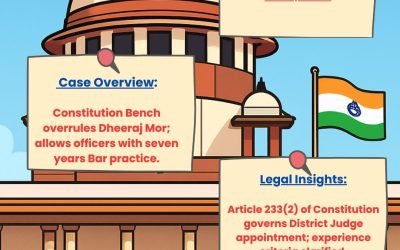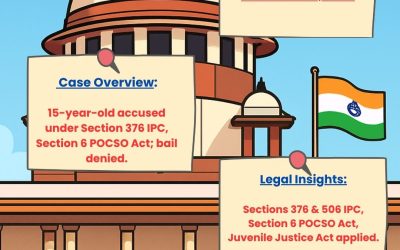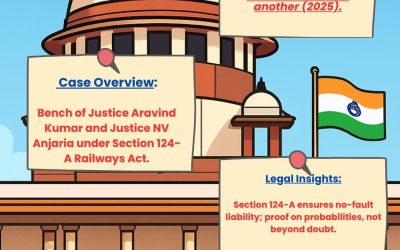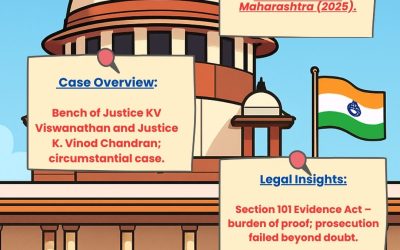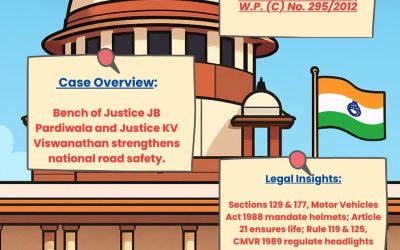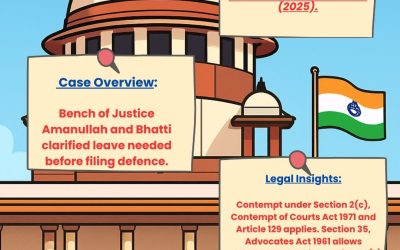
Supreme Court advises NEET 2025 aspirants to approach Bombay High Court in Maratha quota plea.
Case in News
The Supreme Court refuses plea on Maratha quota, filed by NEET 2025 aspirants and advised them to approach the Bombay High Court instead for interim relief.
Case Overview
Case Name : Diya Ramesh Rathi vs. State of Maharashtra | Diary No. 24755/2025
This case stems from a challenge to the 10% Maratha Reservation granted under a new Maharashtra Act . The petition was filed urgently by NEET aspirants in light of approaching exam dates . However the Supreme Court bench comprising CJI BR Gavai and Justice AG Masih refused to hear the petition redirecting it to the Bombay High Court . The case is part of a larger legal history involving multiple attempts to grant reservation to the Maratha community and judicial scrutiny over breaching the 50% ceiling .
Key Aspects
To understand the legal challenge, it’s important to examine the main events and concerns that shaped this case :
- The Maharashtra SEBC Act, 2024 grants 10% reservation to Marathas in education and government jobs .
- Petitioners argued the law was unconstitutional and sought exclusion of NEET UG 2025 from its scope .
- The Act was based on recommendations of the MSBCC headed by Justice (Retd.) Sunil B. Shukre .
- The Supreme Court had earlier struck down a similar SEBC Act of 2018 citing lack of exceptional circumstances .
- Petitioners claimed urgency as NEET PG 2025 is scheduled for 15th June 2025 .
Legal Insights
The legal debate revolves around constitutional and precedent-based limitations on reservation policies :
- Indra Sawhney v. Union of India (1992) : Capped reservations at 50%, barring extraordinary justification .
- Article 14, Constitution of India : Ensures equality before the law potentially violated by excessive reservation .
- Article 15(4) & 16(4) : Allow for reservation for socially and educationally backward classes but with judicial checks .
- Article 32: Used to invoke SC’s jurisdiction though the Court redirected the matter to the High Court .
Court’s Verdict
The Supreme Court refused to entertain the writ petition and advised the aspirants to move the Bombay High Court which is already handling related petitions . It stated that due to the proximity of NEET PG 2025 the High Court would be in a better position to decide on interim relief . The court emphasized the importance of legal hierarchy and proper forum when matters are already under judicial consideration .
Source – Supreme Court of India
Read also– Article 14 of Indian Constitution


